Science: Medicine
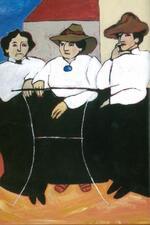
Claribel Cone
Claribel Cone was well known in her time for being a dignified and highly independent woman with two passions: medical research and collecting art and artifacts. She is immortalized in drawings by French modernists Pablo Picasso and Henri Matisse and in Gertrude Stein’s essay “Two Women.”
Rose Laub Coser
Sociologist Rose Laub Coser redefined major concepts in role theory—the idea that our actions are largely dictated by our roles in society—and applied them to expectations of women’s roles in the family and the workplace.
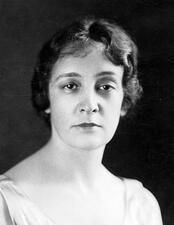
Ray Karchmer Daily
Ophthalmologist Ray Karchmer Daily fought for equality and accessibility for women and children in Texas. The first Jewish woman to graduate from a Texas medical school, Daily advocated for equal treatment of female medical students and promoted equitable policies for low-income and disabled students in the Texas school system.
Frances Allen De Ford
Naomi Deutsch
A leader in the field of public health nursing, Naomi Deutsch spearheaded health and sanitation campaigns in the United States, Central America, and the Caribbean. In running settlement houses, teaching, and eventually developing and implementing policy at the federal level, Deutsch dedicated her career to serving others through public health.
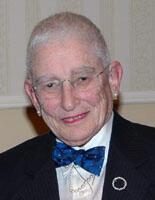
Liebe Sokol Diamond
Doctors: Medieval
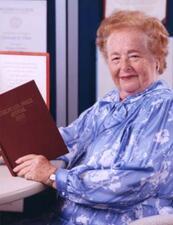
Gertrude Elion
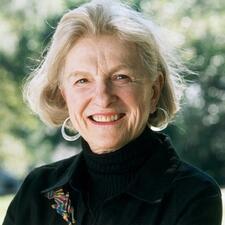
Claire Fagin
Claire Fagin was a distinguished nursing educator, scholar, and dean, as well as the first woman interim president of the University of Pennsylvania and the first female to achieve this position in any Ivy League university. Her groundbreaking studies on parents and children changed hospital practices around the country.
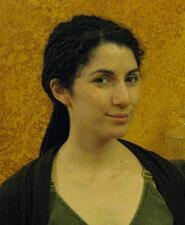
Nina Fefferman
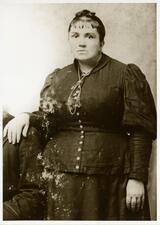
Rosa Fineberg

June Finer

Rita Sapiro Finkler
Käte Frankenthal
A stubborn nonconformist from an early age, Käte Frankenthal was a physician and politician active in Germany’s Social Democratic Party. While running her own successful private practice, she was active in sex reform legislation and played a prominent role in the Federation of Women Physicians.
Charlotte Friend
Cell biologist and immunologist Charlotte Friend discovered a virus that could transmit leukemia and made major contributions to our understanding of cancer and its causes. She served as director of the Center for Experimental Cell Biology at Mount Sinai Medical School, and later as the president of the New York Academy of Sciences and the American Association for Cancer Research.
Frieda Fromm-Reichmann
Frieda Fromm-Reichman was a German-American psychiatrist best known for her innovations in the psychotherapeutic treatment of schizophrenics and manic-depressive patients previously deemed unsuitable for psychoanalysis. Towards the end of her life, Fromm-Reichman received international recognition for her creative and insightful contributions to psychotherapy.

Loren Galler-Rabinowitz
Elisabeth Rozetta Geleerd
Elizabeth Rozetta Geleerd’s work on extreme psychological conditions such as amnesia and schizophrenia led to new methods for treating seriously disturbed children and adolescents. Along with opening her own private practice, Geleerd became a training analyst and a member of the educational committee of the New York Psychoanalytic Institute and helped shape its child and adolescent analysis program.

Sheyna Gifford
Sheyna Gifford’s passion for both scientific exploration and writing has enabled her to work for NASA in many different capacities, from science journalist to health and safety officer on a year-long simulated mission to Mars.
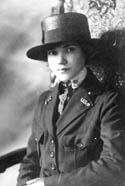
Ethel Gladstone
Luba Robin Goldsmith
In 1902, Luba Robin was the first woman to graduate from the school of medicine at the Western University of Pittsburgh (later the University of Pittsburgh). Her career combined private medical practice, teaching, writing, lecturing, and active participation in educational, social, and public health work.
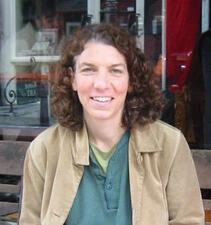
Sally Gottesman
Sally Gottesman, born 1962 in New Jersey and residing in New York, is a non-profit entrepreneur whose leadership and philanthropy have had a major impact on the Jewish feminist and justice landscape.
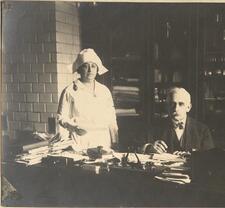
Amelia Greenwald
Ethel Shilmover Grossman
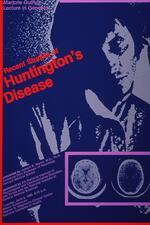
Marjorie Guthrie
First a dancer, then a teacher, Marjorie Guthrie founded the Woody Guthrie Children’s Fund and Archive in 1956 to preserve her husband’s works for future audiences. By the end of her life, she was a national activist for Huntington’s Disease and other genetic and neurological diseases.


